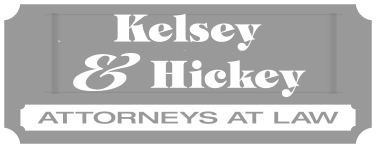When a government entity exercises eminent domain to take your property for public use, it must provide compensation for your loss. Under Texas Property Code Section 21.042, adequate compensation requires calculating the market value of your property at the time of the intended takeover.
A property owner may have a legal right to dispute the government’s market value calculation by proving a property has a higher value with its “best use.” For example, if you own vacant land, and you expect to use it for farming, you may appraise it based on its productivity value, according to the Texas Comptroller’s website.
How may productivity increase my property’s market value?
Vacant land that you purchased for agricultural purposes may increase in value once farming or production begins. A deed or contract that shows you intend to use the land principally for agricultural reasons may help you prove its future worth.
If your agricultural enterprise established suppliers to ship seeds, poultry or livestock, it may help illustrate the seriousness of your undertaking. Irrigation equipment may also prove that you anticipate your property’s value to increase after the completion of a planned development.
How may a professional appraisal affect the government’s offer?
A takeover through eminent domain requires government compensation for your property’s fair market value. If your land has the potential for extracting oil or minerals, for example, it may have a substantially higher market price. You may need a professional appraiser to provide proof of your property’s undisclosed commodities and their associated worth to request a larger amount.
The taking of property for public use requires the government to pay you under Texas statutes and the U.S. Constitution. You may, however, request payment based on the property’s market value and its future market price if it has valuable production capabilities.
